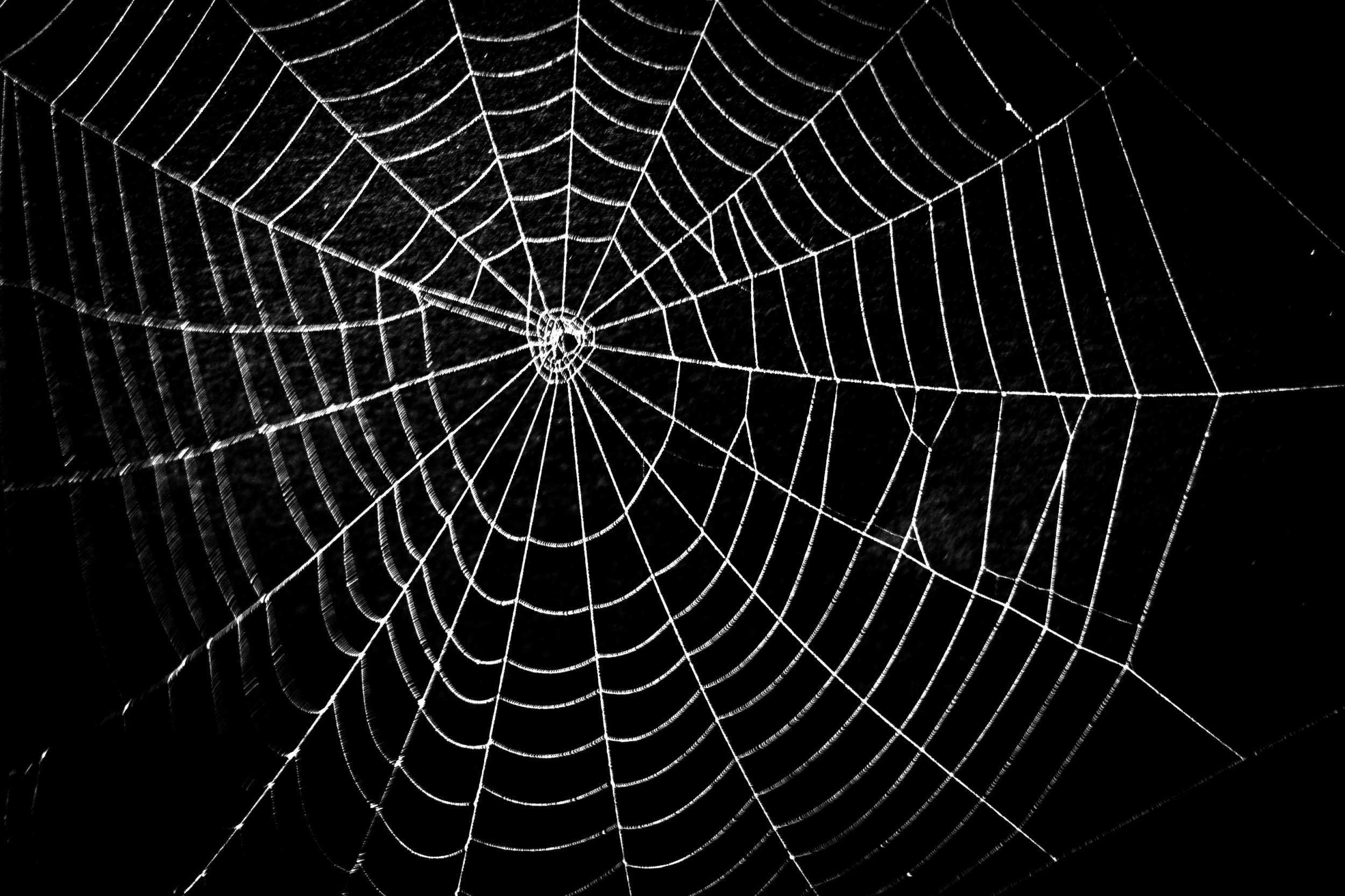
A species of spider has been found to suckle a milk-like substance from its mother. This is thought to be the first time such a behavior has been reported among spiders, and could suggest milk production is not largely confined to mammals.
Zhanqi Chen, from the Chinese Academy of Sciences, and colleagues were investigating a species of spider—Toxeus magnus—that mimics ants. The species is known to have an unusual breeding nest, where there are two or more adults, or one adult female with several offspring. Because the species do not live in colonies, this suggests the mother spider provides maternal care until her offspring enter adulthood.
After analyzing the spider's breeding, the team discovered something unexpected—the mother provided milk to her offspring via her epigastric furrow (spider genitalia). "The spiderlings ingest nutritious milk droplets secreted from the mother's epigastric furrow until the subadult stage," the team wrote in the journal Science. "Milk is indispensable for offspring survival in the early stages and complements their foraging in later stages."
Researchers found that milk was provided long after the baby spiders were able to fend for themselves—nursing for around 40 days after birth. Researchers found that nursing was not critical to survival but if they were nursed with the milk, their overall health and adult survival was better. Analysis of the substance showed it had about four times more protein than cow's milk.
The team also found that nursing appeared to play some sort of role in the reproductive success of female offspring—after reaching sexual maturity, females were allowed to return to the nest, while males were not.
Food provision through lactation is known to happen in species across the animal kingdom. However, caring for offspring in such an intense way and for such a long time was thought to be largely confined to mammals. "These findings demonstrate that mammal-like milk provisioning and parental care for sexually mature offspring have also evolved in invertebrates, encouraging a re-evaluation of their occurrence across the animal kingdom, especially in invertebrates," the authors concluded.
Jason Dunlop, curator of arachnids at the Berlin Natural History Museum, who was not involved in the study, said the discovery was remarkable."To the best of my knowledge, [this is] the first example of a spider producing a nutritious milk-like substance from its genital region [the so-called epigastric furrow]," he told Newsweek. "Although quite a lot of spider mothers care for—and in some cases even carry around—their egg sacs, it is very unusual to see spiders actively looking after their offspring after they have hatched from the eggs."
He said only around 20 spiders of the 48,000 documented actively provide nutrients for their offspring, and this normally involves catching insects for them. "The new study suggests another way in which spiders help their offspring and is particularly interesting in that it suggests that the baby spiders in this species cannot survive without their mother's 'milk,'" Dunlop said. "This is highly unexpected in a spider, and among invertebrate animals in general, and suggests that these spiders have evolved a type of behavior similar to what we see in mammals. It would be fascinating to see if any other spiders produce a milk-like substance too."
Uncommon Knowledge
Newsweek is committed to challenging conventional wisdom and finding connections in the search for common ground.
Newsweek is committed to challenging conventional wisdom and finding connections in the search for common ground.
About the writer
Hannah Osborne is Nesweek's Science Editor, based in London, UK. Hannah joined Newsweek in 2017 from IBTimes UK. She is ... Read more
To read how Newsweek uses AI as a newsroom tool, Click here.








